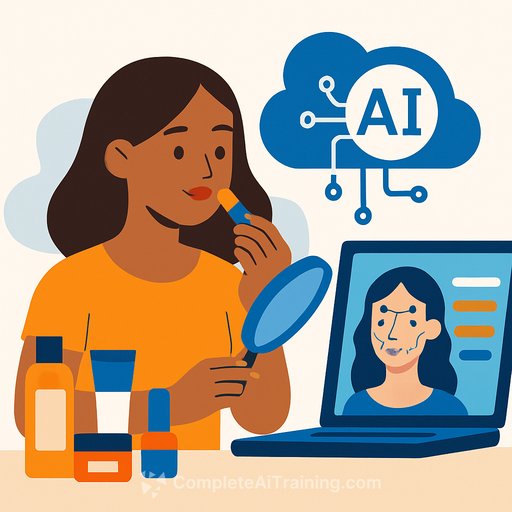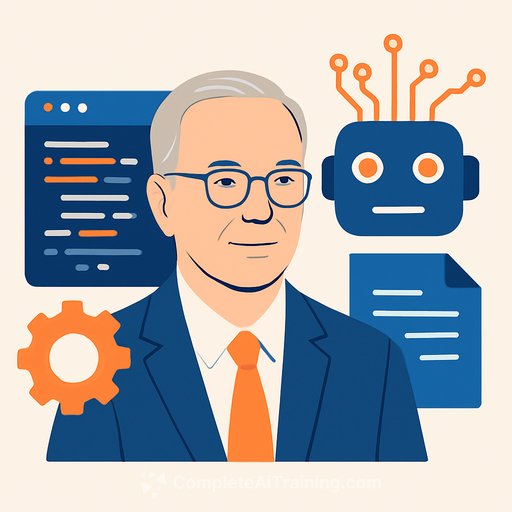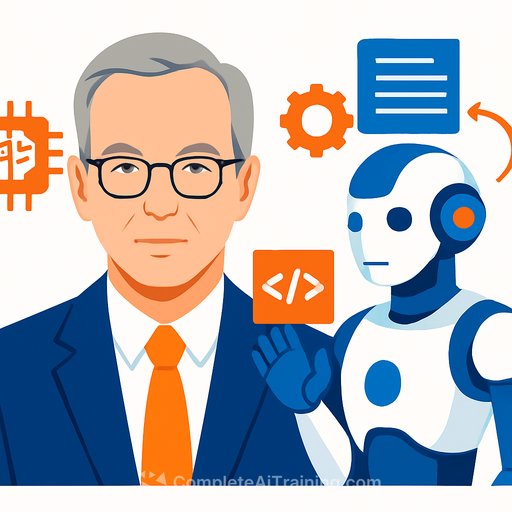The Impact of Artificial Intelligence on Small Beauty Brands
Artificial intelligence (AI) is helping small beauty brands overcome challenges that were once too costly to tackle, such as offering virtual try-on simulators to customers. This shift is leveling the playing field, allowing indie brands to compete more effectively with industry giants.
Why AI Matters for Product Development Professionals
AI performs tasks in minutes that used to take hours, from formulating skincare ingredients to analyzing sales data. Small or emerging beauty brands now have access to sophisticated AI tools that streamline product discovery, marketing, and data analysis.
Large corporations like Estée Lauder and L’Oréal once held an advantage due to heavy AI investments. Today, AI democratizes retail by giving indie brands real-time insights into consumer preferences, enabling them to launch products that customers actually want.
Greg Petro, CEO of First Insight Inc., notes that AI allows brands to engage consumers directly without the need for expensive data solutions. Melissa Munnerlyn, Co-Founder of Daash Intelligence, highlights how AI distills valuable information that was previously locked behind big budgets.
AI-Powered Virtual Try-On Tools
Virtual try-on technology powered by AI is a practical tool that builds customer confidence, especially for shade-specific products like foundation. These tools help consumers find their perfect match without visiting a store in person.
While big brands such as L’Oréal and Dior pioneered virtual try-ons, now smaller brands can access similar technology. Perfect Corp., a leader in AI and AR virtual try-on, offers free trials and flexible pricing to help emerging brands integrate these solutions.
David C. Chung, founder of Farmacy Beauty, emphasizes that AI eliminates the need for costly consultants and simplifies brand launches. NuNorm’s success story is a clear example: integrating AI tools led to 75% of their orders coming from users empowered by virtual try-ons and shade finders.
Alice Chang, CEO of Perfect Corp., predicts deeper AI integration with machine learning to create immersive shopping experiences, such as AI beauty advisers that adapt and learn from each customer interaction.
AI in Product Development and Ingredient Customization
AI is transforming product formulation by speeding up ingredient discovery and reducing trial-and-error testing. Joshua Britton, CEO of Debut and Deinde, shares how their AI platform BeautyORB develops unique, science-backed ingredients that target specific skin concerns.
AI also aids the fragrance industry by analyzing popular scent notes to guide perfumers in creating new formulas. For example, iRomaScents showcased an AI device that helps consumers find their perfect scent, achieving a 90% conversion rate.
Marketing Advantages for Indie Beauty Brands
AI is valuable beyond product creation. David C. Chung points out that AI helps craft compelling marketing messages without the high costs of traditional advertising. Social media campaigns powered by AI can target and engage customers more effectively.
Daash Intelligence uses AI to provide brands with weekly performance insights across stores, including competitor data. This visibility supports strategic decisions on product development, pricing, and inventory management.
Ground AI connects with platforms like Shopify to drive customer acquisition and retention. Brands such as RMS Beauty and Salt & Stone have increased online revenue by up to 20% through AI-optimized timing, messaging, and offers.
Retailers like Walmart use AI extensively for logistics and merchandising. AI analyzes shelf sets and sales data within seconds, helping teams respond quickly to market trends.
Balancing AI and Human Expertise
There is concern that AI might replace human creativity, but experts stress that data actually enhances creative decisions. AI can suggest options, but human insight remains essential to evaluate and refine those suggestions.
Cosmetic chemist Ginger King notes that AI recommendations are not always perfect, and the quality of input determines output accuracy. The human touch is still crucial for final formulas and product success.
For product development professionals in beauty, AI presents practical tools to accelerate innovation, improve accuracy, and optimize marketing — all while reducing costs and risks.
Your membership also unlocks:






